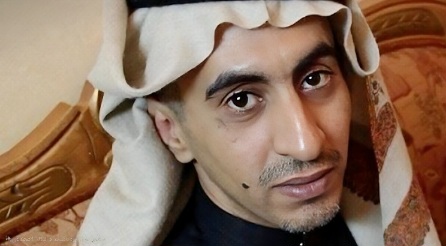The Saudi authorities have carried out the execution of journalist Turki bin Abdulaziz Al-Jasser after more than seven years of detention marked by serious violations of due process and international legal standards. Al-Jasser had been held incommunicado for two years following his arrest in March 2018, during which time his family received only sporadic information about his whereabouts and wellbeing.
According to the Ministry of Interior, Al-Jasser was executed on charges broadly related to espionage and alleged cooperation with foreign entities. The accusations are understood to be linked to his peaceful expression of opinion and reported association with a Twitter account critical of government policies. No clear evidence was publicly presented and no information has been released regarding the trial proceedings, which took place behind closed doors and without independent oversight.
Human rights observers note that Al-Jasser’s case reflects a deepening pattern of repression targeting dissidents, human rights defenders and journalists in the Kingdom. His death marks the first known execution of a journalist in Saudi Arabia for expression-related charges. During his detention, credible reports indicate that Al-Jasser was subjected to multiple forms of torture, including physical and psychological abuse, in violation of both Saudi domestic law and international human rights obligations.
The execution follows a series of harsh rulings issued in recent years against activists, writers and academics, many of whom have faced long-term imprisonment or death sentences after grossly unfair trials. Since the start of 2024 alone, more than 100 individuals are reported to have received death sentences, many of them on charges related to non-violent dissent.
Legal analysts and human rights groups have warned that the use of capital punishment in such circumstances not only violates the right to life but also undermines the integrity of justice. The absence of transparency, denial of legal counsel, and lack of independent judicial review have all been highlighted as major concerns in the administration of justice in Saudi Arabia.
Despite repeated calls by international human rights bodies for a moratorium on the death penalty and for the release of arbitrarily detained individuals, the Saudi authorities have continued to escalate repression. The execution of Al-Jasser stands as a stark reminder of the risks faced by those who exercise the fundamental right to freedom of expression in the Kingdom.
At the time of his arrest, Al-Jasser was not accused of inciting violence or threatening public safety. The charges against him were centred solely on his alleged use of social media to express dissent. His case illustrates the expanding criminalisation of peaceful speech and the use of counterterrorism and cybercrime laws to silence critics.
This latest development highlights an alarming erosion of judicial guarantees and reaffirms the urgent need for international accountability mechanisms to address the widespread and systematic human rights violations occurring in Saudi Arabia.


























